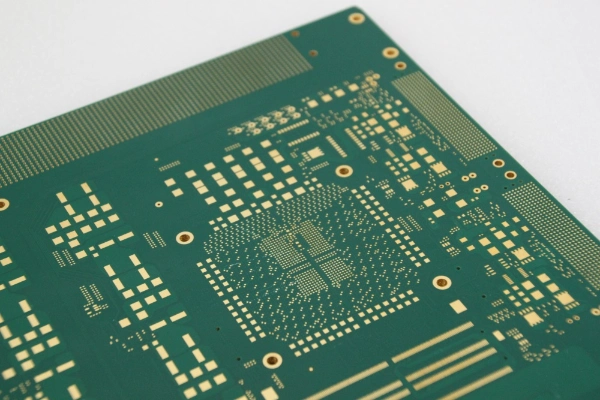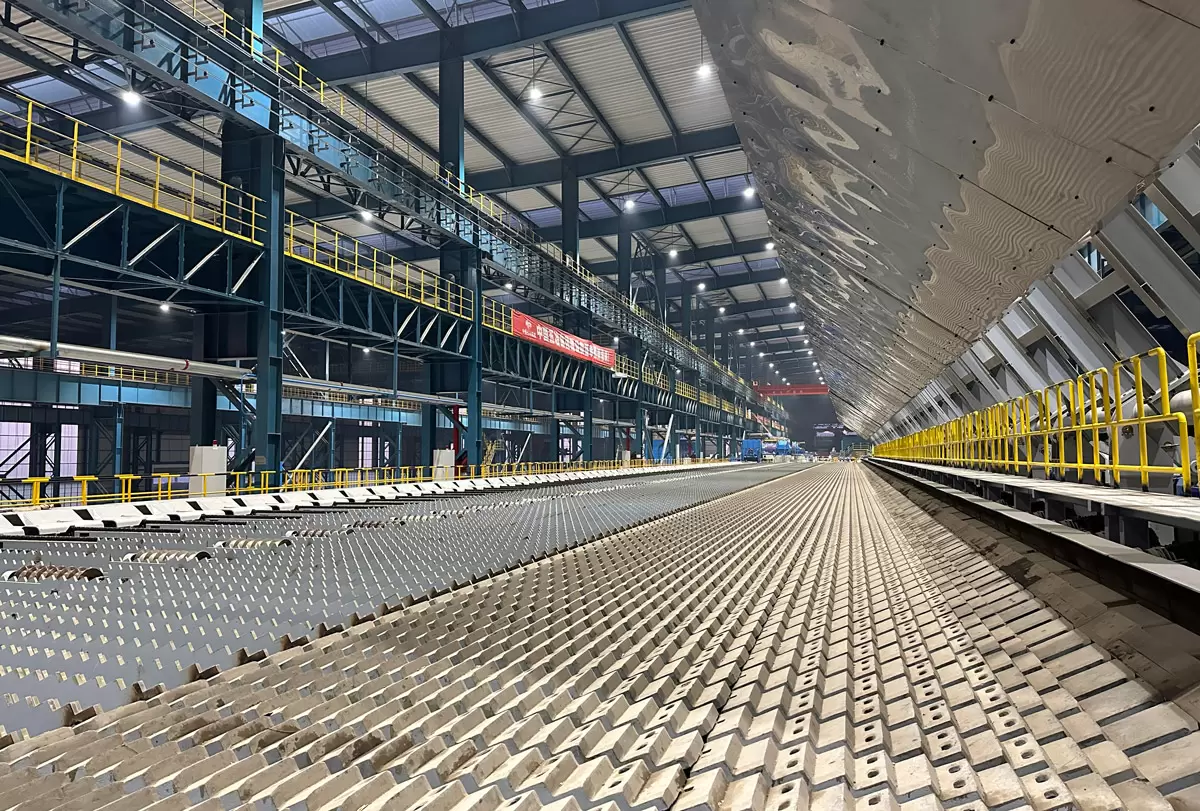
Cable wire, a fundamental component in modern infrastructure, plays a crucial role in powering our daily lives. Its versatility extends far beyond simple electrical connections, with a wide range of applications across different industries. In this article, we will delve into the diverse uses of cable wire, highlighting its significance and impact in various sectors.
- Industrial Automation:
In the realm of industrial automation, cable wire serves as the lifeline for connecting machinery, sensors, and control systems. It enables seamless communication and power transmission, facilitating the automation of manufacturing processes. From robotic arms to conveyor belts, cable wire ensures efficient operation and precise control in factories and production facilities. - Telecommunications:
The telecommunications industry heavily relies on cable wire for transmitting data and ensuring seamless connectivity. Fiber optic cables, a specialized type of cable wire, enable high-speed internet, telephone, and television services. These cables are essential for long-distance communication, providing reliable and secure transmission of information across the globe. - Renewable Energy:
In the pursuit of sustainable energy sources, cable wire plays a vital role in renewable energy systems such as solar and wind power. Solar panels and wind turbines require intricate wiring to collect and distribute electricity generated from renewable sources. Cable wire enables the efficient transfer of power from these renewable energy systems to the grid, contributing to a greener and more sustainable future. - Construction and Infrastructure:
Within the construction industry, cable wire is indispensable for powering buildings, lighting systems, and electrical appliances. It is used in electrical wiring installations, ensuring safe and reliable electricity supply to residential, commercial, and industrial structures. Cable wire also supports infrastructure projects such as bridges, tunnels, and transportation networks, providing essential electrical connections for lighting, signaling, and control systems. - Automotive and Transportation:
In the automotive and transportation sectors, cable wire is essential for vehicle wiring harnesses, connecting various components such as sensors, lights, and control systems. Electric vehicles, in particular, rely on sophisticated cable wire systems to power propulsion systems and onboard electronics. Cable wire enables efficient energy transfer and communication within vehicles, contributing to the advancement of electric mobility.
Conclusion:
The uses of cable wire are diverse and far-reaching, spanning across industries such as industrial automation, telecommunications, renewable energy, construction, and automotive sectors. Its role in powering infrastructure, enabling communication, and supporting technological advancements cannot be understated. As we continue to innovate and expand our reliance on technology, cable wire remains a critical component that drives progress and connectivity in the modern world.





